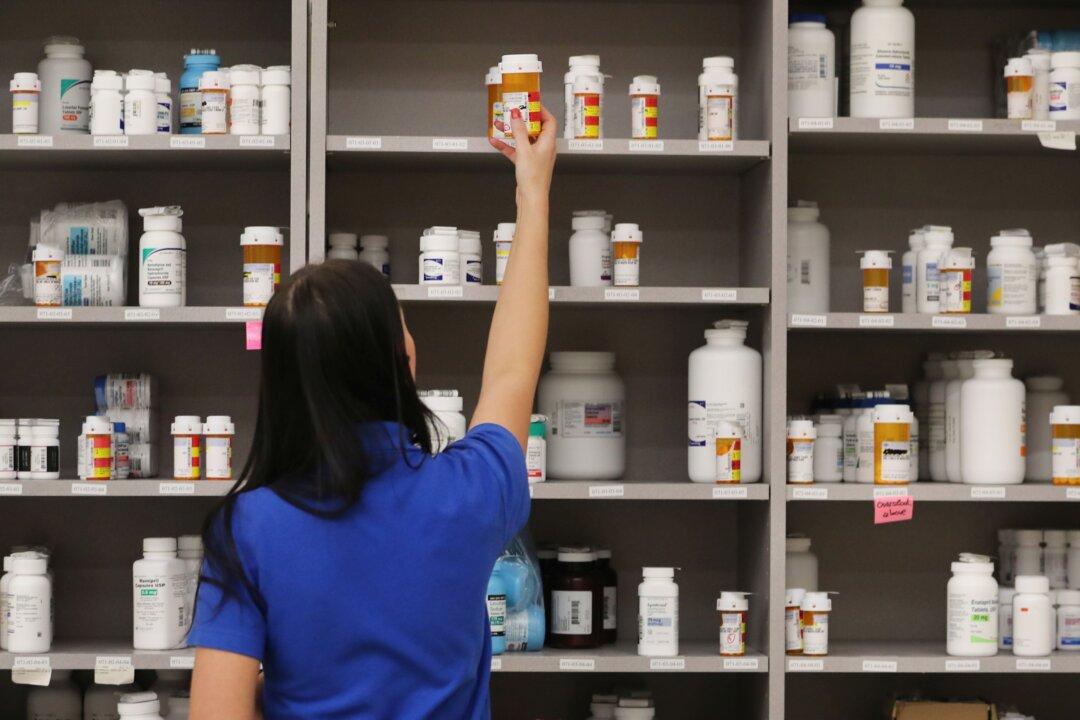U.S. health officials have announced the recall of over-the-counter heartburn medication after tests found traces of a substance linked to cancer.
The recall comes after the U.S. Food and Drug Administration (FDA) said that it discovered “that some ranitidine medicines, including some products commonly known as the brand-name drug Zantac, contain a nitrosamine impurity called N-nitrosodimethylamine (NDMA) at low levels. NDMA is classified as a probable human carcinogen (a substance that could cause cancer) based on results from laboratory tests.”






